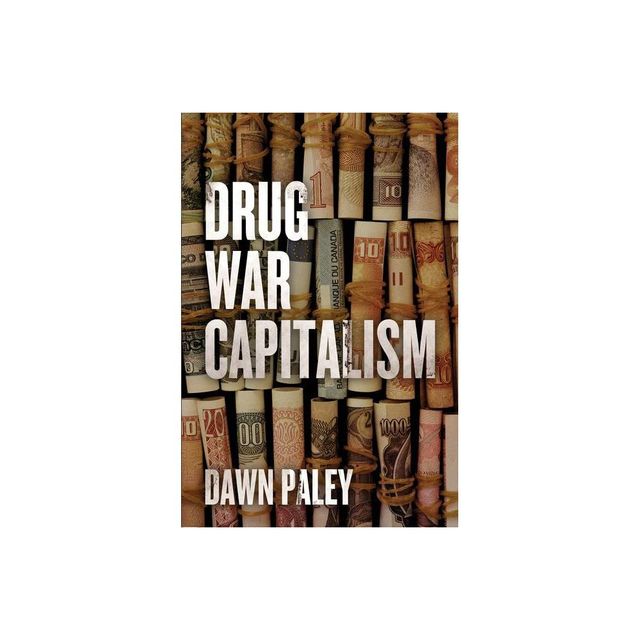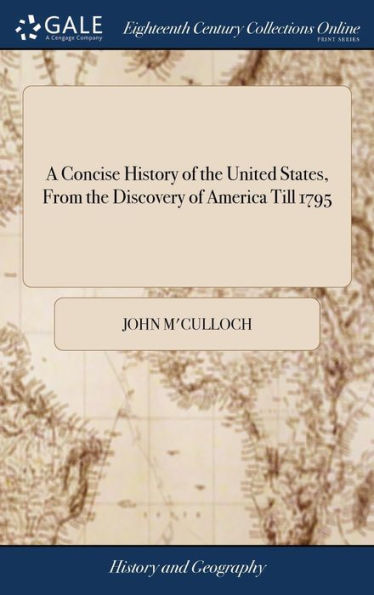Home
War, Capital, and the Dutch State (1588-1795)
Loading Inventory...
Barnes and Noble
War, Capital, and the Dutch State (1588-1795)
Current price: $40.00


Barnes and Noble
War, Capital, and the Dutch State (1588-1795)
Current price: $40.00
Loading Inventory...
Size: OS
*Product Information may vary - to confirm product availability, pricing, and additional information please contact Barnes and Noble
Winner of the 2014 D.J. Veegens prize, awarded by the Royal Holland Society of Sciences and Humanities.
Shortlisted for the 2015 World Economic History Congress dissertation prize (early modern period).
In
War, Capital, and the Dutch State (1588-1795)
, Pepijn Brandon traces the interaction between state and capital in the organization of warfare in the Dutch Republic from the Dutch Revolt of the sixteenth century to the Batavian Revolution of 1795. Combining deep theoretical insight with a thorough examination of original source material on topics as diverse as the role of the Dutch East- and West-India Companies, the inner workings of the Amsterdam naval shipyard, state policy, and the role of private intermediaries in military finance, Brandon provides a sweeping new interpretation of the rise and fall of the Dutch Republic as a hegemonic power within the early modern capitalist world-system.
Shortlisted for the 2015 World Economic History Congress dissertation prize (early modern period).
In
War, Capital, and the Dutch State (1588-1795)
, Pepijn Brandon traces the interaction between state and capital in the organization of warfare in the Dutch Republic from the Dutch Revolt of the sixteenth century to the Batavian Revolution of 1795. Combining deep theoretical insight with a thorough examination of original source material on topics as diverse as the role of the Dutch East- and West-India Companies, the inner workings of the Amsterdam naval shipyard, state policy, and the role of private intermediaries in military finance, Brandon provides a sweeping new interpretation of the rise and fall of the Dutch Republic as a hegemonic power within the early modern capitalist world-system.


















